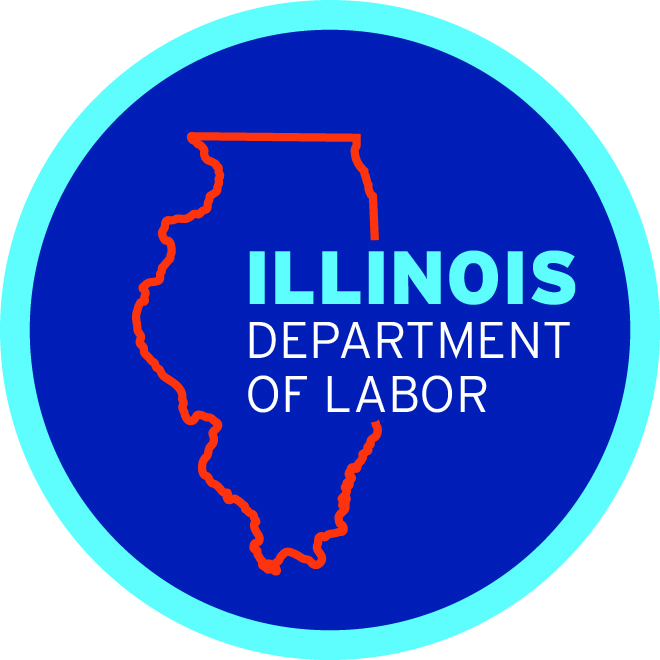Right to Privacy in the Workplace Act
The Right to Privacy in the Workplace Act ("Act") covers four main types of privacy-related workplace requirements.
First, the Act makes it unlawful for an employer or prospective employer to request, require, or coerce any employee or prospective employee to provide a user name and password or other related account information for the purpose of gaining access to the employee’s or prospective employee’s personal online accounts, such as social networking website accounts, or to demand access in any other manner. The Act also makes unlawful an employer’s or prospective employer’s requested, required, or coerced access to an employee or prospective employee’s personal online accounts through other methods and prohibits retaliation against employees for refusing or declining to provide access to personal online accounts. However, the Act allows employers to: (1) obtain information that is in the public domain; (2) obtain information in compliance with State and federal laws, rules, and regulations; and (3) request or require employees to share specific content that has been reported to the employer in certain circumstances.
Second, the Act prohibits an employer from refusing to hire, terminate employment, or otherwise disadvantage any individual because the individual uses lawful products off the premises of the employer’s job site during non-work and non-call hours, except as otherwise specifically provided by law, including Section 10-50 of the Cannabis Regulation and Tax Act. The Act lays out some exceptions.
Third, the Act prohibits employers from making certain inquiries about whether prospective employees have filed claims or received benefits under the Workers’ Compensation Act or the Workers’ Occupational Diseases Act.
Finally, the Act requires employers using any Electronic Employment Verification System, including the federal E-Verify program (formerly known as the Basic Pilot/Employment Eligibility Verification Program), to consult IDOL’s website and review its legal responsibilities under the Act, which include but are not limited to certain training, posting, and privacy requirements. New amendments to the E-Verify provisions contained in Public Act 103-879 will take effect on January 1, 2025.
Contact
- Right to Privacy Information: (312) 793-7307
- Email: DOL.RTPW@Illinois.gov
Forms/Links
- See the law, 820 ILCS 55/1-20 (Legislative Website)
- Administrative Code, 56 Ill. Adm. Code 360 (Legislative Website)
- E-Verification Facts Poster Espanol Polski
- E-Verify Attestation Form
- This form must be filled out and retained by all employers who are using an E-Verify system.
- E-Verify User Survey Findings 2017
- Notice of E-Verify Participation - Required for Employers
- E-Verify Inspection Notice Template
- E-Verify Statistics
- U. S. Government Accountability Office Report
- Poster from the Office of Special Counsel for Immigrant-Related Unfair Employment Practices (Español)
- File a Complaint

